Making Care Primary (MCP) Model
On June 8, 2023, the Centers for Medicare & Medicaid Services (CMS) announced a new voluntary primary care model –improve care management and care coordination, equip primary care clinicians with tools to form partnerships with health care specialists, and leverage community-based connections to address patients’ health needs as well as their health-related social needs (HRSNs) such as housing and nutrition. CMS is working with State Medicaid Agencies in the eight states to engage in full care transformation across payers, with plans to engage private payers in the coming months. CMS will begin accepting applications for the model in late summer 2023. https://innovation.cms.gov/innovation-models/making-care-primary
Making Care Primary [MCP], like REACH, targets Medicare FFS beneficiaries in underserved areas. MCP seems to focus on growing small independent primary care practice infrastructure sustainably, with an eligibility minimum of 125 attributed lives per practice, while ACO REACH focuses on the ACO as an aggregating vehicle to incentivize providers and measure outcomes of his/her panel minimum of 5,000 attributed lives. MCP is a 10-year beta beginning July 2025 in eight preselected states; ACO REACH is a 5-year beta that began January 1 2023 in all 50 states. It sounds promising for NPs to have two value- based payment models to compare and contrast, but we have very little detail until the MCP RFA [Request for Application] is released this summer. NNPEN tried to get an early answer confirming NP eligibility, attribution to NPs and the minimum # of attributed patients for MCP eligibility. We got back this partial answer the next day:
“Small, independent primary care practices that meet eligibility requirements listed in the RFA may participate in the model. Applicants must have a minimum of 125 attributed Medicare FFS beneficiaries in order to be eligible for MCP. This eligibility criteria will be assessed at the applicant level. The applicant will submit a list of primary care clinicians as part of the application which will assist CMMI in conducting this eligibility check. The RFA will be published later this summer.”
Model Overview
The Making Care Primary (MCP) Model is a 10.5-year multi-payer model with three participation tracks that build upon previous primary care models, such as the Comprehensive Primary Care (CPC), CPC+, and Primary Care First (PCF) models, as well as the Maryland Primary Care Program (MDPCP). MCP aims to improve care for beneficiaries by supporting the delivery of advanced primary care services, which are foundational for a high-performing health system. The MCP Model will provide a pathway for primary care clinicians with varying levels of experience in value-based care to gradually adopt prospective, population-based payments while building infrastructure to improve behavioral health and specialty integration and drive equitable access to care. State Medicaid agencies will commit to designing Medicaid programs to align with MCP in key areas. This model will attempt to strengthen coordination between patients’ primary care clinicians, specialists, social service providers, and behavioral health clinicians, ultimately leading to chronic disease prevention, fewer emergency room visits, and better health outcomes.
NNPEN’s conclusion: the VBP cauldron is bubbling; stay engaged and bring your colleagues with you! Curious NP PCPs in these eight states should evaluate the number of Medicare FFS patients they serve in aggregate as the threshold for application for this model—NOT whether they currently possess value-based payment experience: Colorado, Massachusetts, Minnesota, New Mexico, New Jersey, New York, North Carolina, and Washington.
